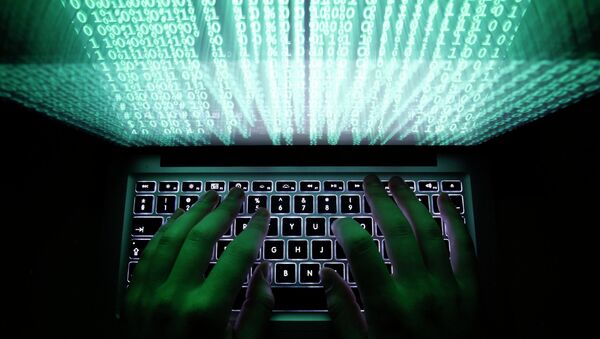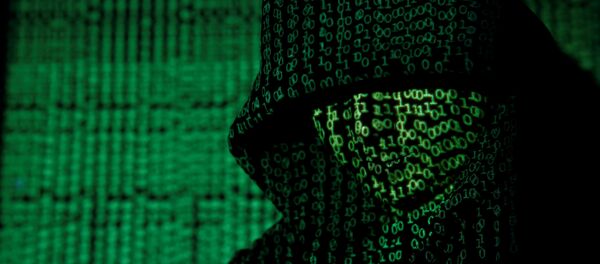The targeted countries supposedly include Russia, China, Iran and the DPRK. In an interview with Sputnik Persian, member of the Scientific Research Center for International Relations in Tehran, Dr. Mani Mehrabi, commented on the issue, saying that the Shadow Brokers won't be able to damage Iran's national security.
"It certainly won't cause any damage, because the INP is completely transparent. And the missile program of our country does not have such top-secret features, the disclosure of which will harm our national security," the expert told Sputnik.
"And analyzing all their statements, we can confidently say that they are being supported by a group opposed to today's US government. Their ultimate goal is to weaken President Trump's government. And the publication of compromised data on certain countries is an attempt to neutralize any friendly ties with the American opposition, namely, with the Democrats," Mehrabi noted.
A similar point of view was expressed by Press TV political observer Hassan Beheshtipour. He noted that the activities of all Iranian nuclear facilities are transparent and strictly controlled by the IAEA, and thus hackers simply have nothing to surprise the world with.
"At the moment, the activities of all nuclear facilities in Iran are completely controlled by the IAEA. Any details on the INP are transparent. There is nothing secret. Of course, all kinds of measures are taken to counter attacks by hackers or leaks. But in general, it must be understood that cyberspace is constantly exposed to hacker attacks. However, it is unlikely that this hacker group will succeed and be able to harm Iran in any way," Beheshtipour said.
Shadow Brokers is the group that released the Windows SMB (Server Message Block) Eternal Blue software used in last weekend's massive international cyberattack.
On Wednesday the Shadow Brokers announced that in June they would begin charging "monthly dues" for new hacking tools that are potentially more dangerous than those used in the ransomware attack that affected computers in 150 countries.



